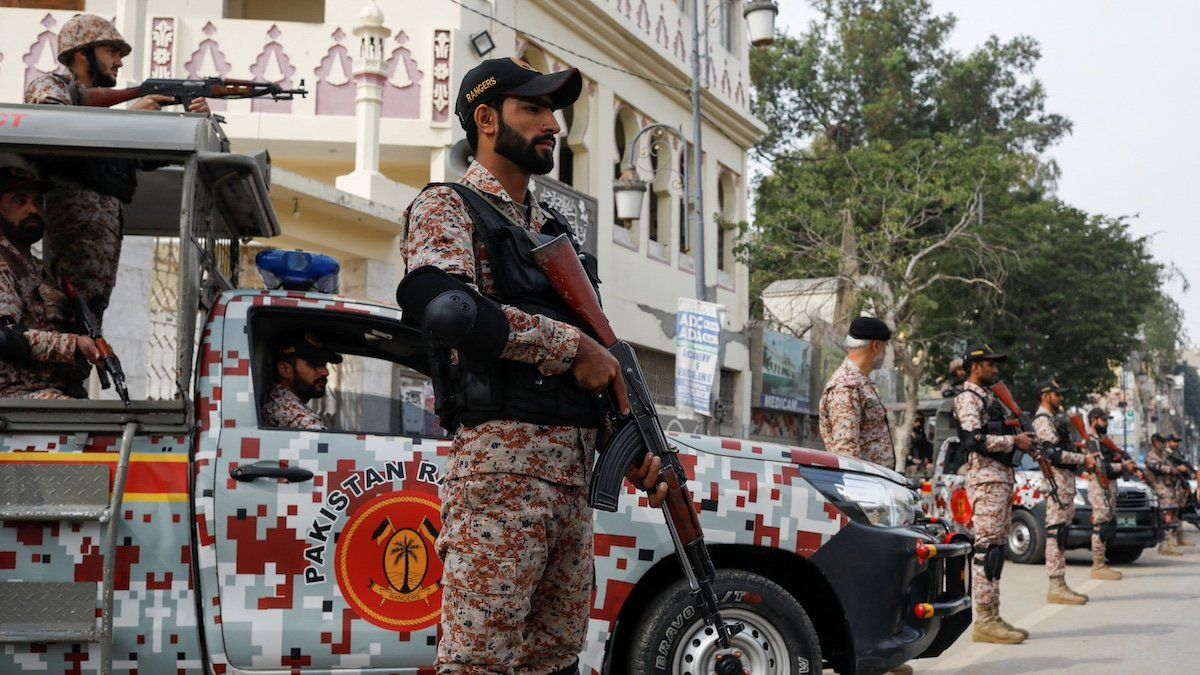On Thursday, Pakistan is holding what should be one of the largest elections this year – but with the country’s most popular leader locked up, the military tilting the scales, and over two dozen killed this week in terrorist bombings, can it be called “democracy?”
The background: Since independence from Britain in 1947, no Pakistani prime minister has completed a full term. “The Establishment,” aka the military, quietly holds all the cards and has seized direct power four times. Civilian politics since the 1980s, has – broadly speaking – been dominated by the Bhutto clan and their archrivals, the Sharif family, with the military playing each side against the other.
But these two political dynasties broke the system in 2008, when they banded together to oust Pervez Musharraf, who had seized power in a coup nine years earlier. Their defiance led to the military backing Pakistan’s former World Cup-winning cricket captain Imran Khan and his newly formed Pakistan Tehreek-e-Insaf, which went on to win the 2018 elections.
But that relationship quickly soured, leading to Khan’s 2022 ouster in a vote of no confidence, which Khan attributes to collusion between the military, traditional parties, and Washington (which denies involvement).
The vote: The election was delayed twice as the incumbent government maneuvered to exclude Khan from contention and suppress his party. Last summer, Khan was drawing a 60% approval rating, nearly twice that of his closest rivals. The government successfully detained Khan in May and has since sentenced him to decades in prison, banning him from holding office on charges his supporters call bogus.
Khan has tried to keep fighting. He held a virtual rally where an AI-generated avatar delivered his speech and created an app to guide his voters as his party’s candidates are forced to run as independents. But with the deck stacked so heavily against him, these efforts look doomed to fail.
Instead, three-time former Prime Minister Nawaz Sharif – who recently returned from exile in a deal forged by the military and was cleared by Pakistan’s supreme court to run – is favored to win over main rival Bilawal Bhutto Zardari (recognize those names?).
We’ll be watching voter turnout as a sign of how many Pakistani are protesting Khan's exclusion, and for the possibility of more violence from extremist groups after nearly 1,000 Pakistanis were killed in terrorist attacks last year.





